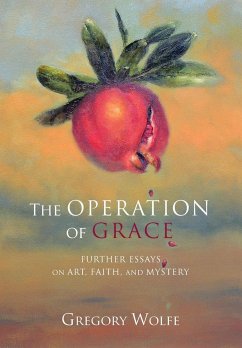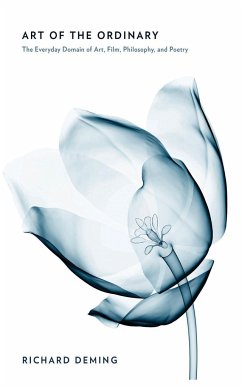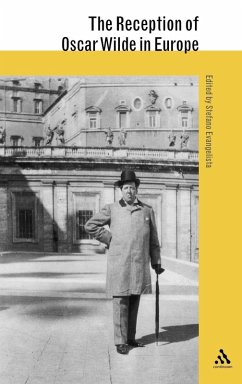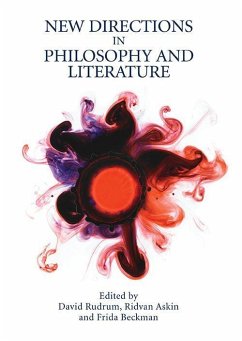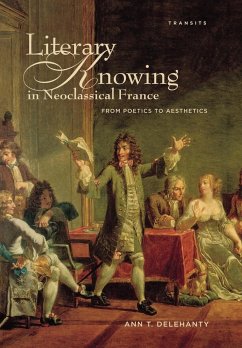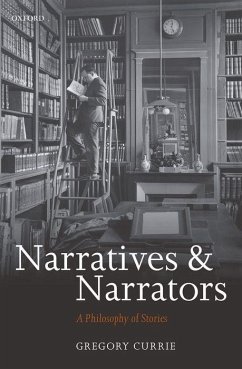Nicht lieferbar
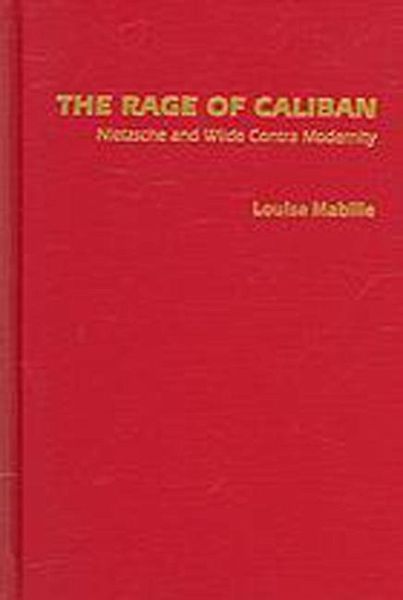
The (R)Age of Caliban: Nietzsche and Wilde in a Post-Structuralist Perspective
Versandkostenfrei!
Nicht lieferbar
This ambitious and complex monograph by one of Africa's emerging literary critics and philosophers is focused on the ways that both Nietzsche and Wilde sought aesthetic solutions to the moralistic problems generated by what Nietzsche identified as "the will to truth". The author examines the inadequacy of the Romantic demand for an "undivided" subject both in their era as well as our own. Building on the work of Foucault, Derrida, Paul de Man and John Caputo, Mabille explores the influence of Nietzsche's ideas in late 19th and early 20th century English and Irish writing (especially George Ber...
This ambitious and complex monograph by one of Africa's emerging literary critics and philosophers is focused on the ways that both Nietzsche and Wilde sought aesthetic solutions to the moralistic problems generated by what Nietzsche identified as "the will to truth". The author examines the inadequacy of the Romantic demand for an "undivided" subject both in their era as well as our own. Building on the work of Foucault, Derrida, Paul de Man and John Caputo, Mabille explores the influence of Nietzsche's ideas in late 19th and early 20th century English and Irish writing (especially George Bernard Shaw) and the influence of Wilde's Greek aestheticism on the notion of the dandy and the ubermensch. Wilde's conflation of the stage and the street is also discussed at length along with the roles of aphorism, metaphor, irony and "decadence".




